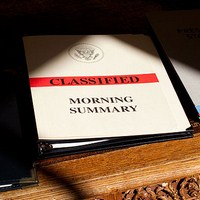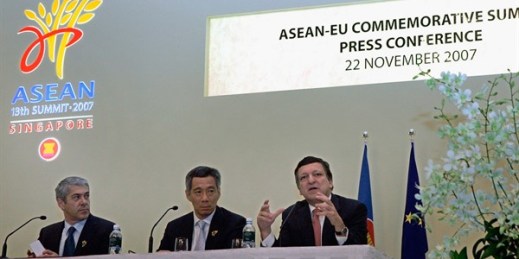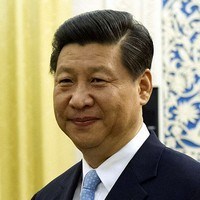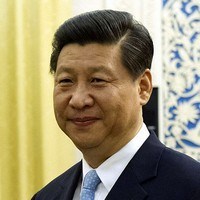
Edward Snowden, the former National Security Agency contractor who turned over a trove of information about U.S. surveillance programs to the media and foreign government agencies, continues to dominate the news. His story, like that of U.S. Army Pvt. Bradley Manning, is a complex tangle of important issues involving the privacy rights of Americans during the conflict with transnational terrorism; the process by which the U.S. government decides what information is classified and what is open; and the building of a massive national security bureaucracy that necessarily gives low-level, inexperienced people the power to do great damage to programs they […]










